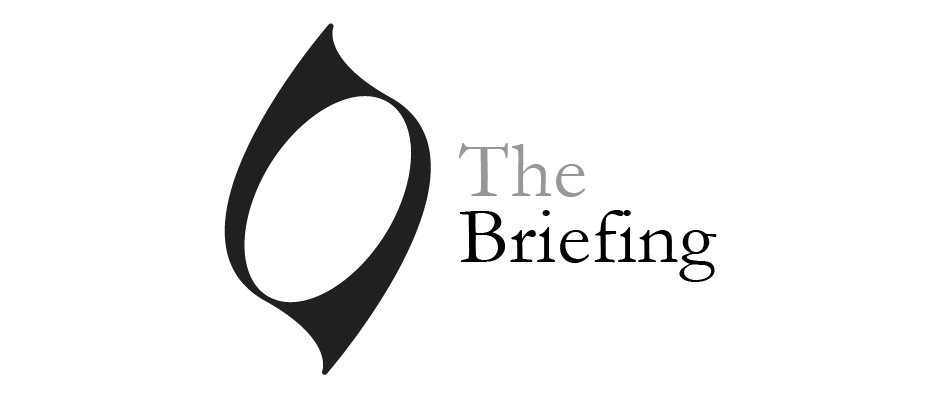Every Friday, we will publish a short list of a few articles that have caught our attention. This is what we’re reading this week:
Niel Gorsuch and the Renewed Need to Impose Supreme Court Term Limits:
Breathing new life into the nation’s highest court more often — even if it does not make the tribunal any less political —would bring more dynamism to the judiciary, jog the justices’ decision-making patterns and narrow, even if only slightly, the yawning gap between the enrobed ones and everyday citizen.
We might be nearing the end of an unrestricted and open internet:
The Trump administration yesterday named Republican Ajit Pai to head the Federal Communications Commission. Pai’s appointment was a foregone conclusion, given that he is the ranking Republican on the five-member body, but it’s important for one reason: Pai is an outspoken critic of net neutrality — one of the fundamental principles of the free, open internet we’ve all been using for the past several decades.
Despite voter dissent, the House of Representatives have devalued national parks, now making it possible to sell them at no cost whatsoever, thereby abdicating the government of responsibility:
The idea to dispose of public lands reflects the alliance between anti-government extremists, led by Cliven Bundy, and members of the anti-parks caucus, who don’t acknowledge the federal government’s authority over national public lands. Instead, these groups want to see public lands given to the states. In reality, states would likely be unable to shoulder the burden of managing these lands — from fighting wildfire to cleaning up abandoned mines — and would ultimately sell them to private interests.
Aziz Ansari speaks to being the son of Muslim immigrants in a xenophobic America:
Xenophobic rhetoric was central to Mr. Trump’s campaign long before the attack in Orlando. This is a guy who kicked off his presidential run by calling Mexicans “rapists” who were “bringing drugs” to this country. Numerous times, he has said that Muslims in New Jersey were cheering in the streets on Sept. 11, 2001. This has been continually disproved, but he stands by it. I don’t know what every Muslim American was doing that day, but I can tell you what my family was doing. I was studying at N.Y.U., and I lived near the World Trade Center. When the second plane hit, I was on the phone with my mother, who called to tell me to leave my dorm building.
The haunting sound of the second plane hitting the towers is forever ingrained in my head. My building was close enough that it shook upon impact. I was scared for my life as my fellow students and I trekked the panicked streets of Manhattan. My family, unable to reach me on my cellphone, was terrified about my safety as they watched the towers collapse. There was absolutely no cheering. Only sadness, horror and fear.
An Explication of the Immigration Ban:
“What we’ve seen here is stunning,” David Leopold, a Cleveland-based immigration lawyer who is a past president of the American Immigration Lawyers Association, said on a conference call Saturday with reporters. “No president ever ever has used the authority and statute of the law to ban people based on their religion, ban people based on their nationality.”
He said President Carter’s ban on Iranians in 1980 after the Islamic revolution “barred certain classifications, not the whole country.”
A Theologians ethical response to human-robot relationships:
As a scholar I find the question of technologically approximated love and lovers philosophically infuriating. But as a priest, as a friend, as family to some by nature and many more by the grace of baptism, I would like to suggest that critique of this phenomenon cannot be separated from honest engagement with the problem of alienation and isolation that is at once a story as ancient as human culture and newly pressing in this age we call modernity. Christians can, and should, engage critically with the proponents of technological hubris and progressive utopias. But we cannot do so without also addressing the ache behind the utopia, the quotidian dream of no longer being lonely.
